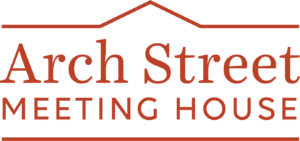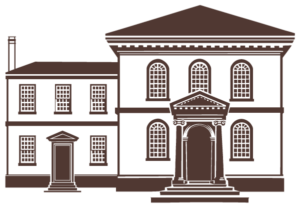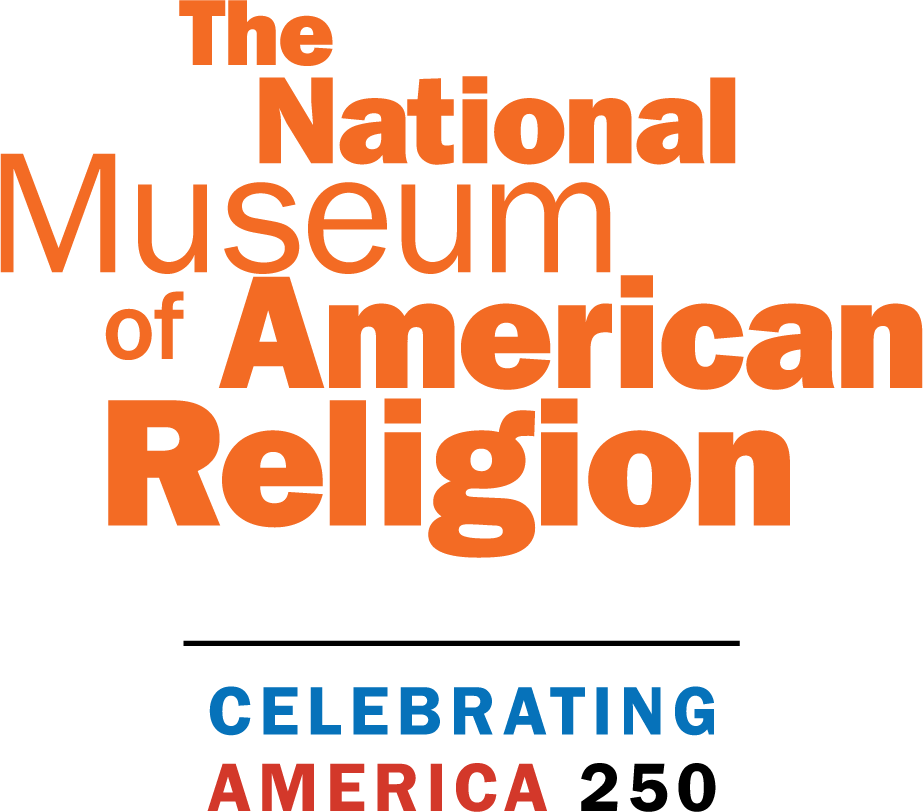Religious Museums
Religious museums dedicated to the exploration of religious history bring learning to life through interactive exhibits, compelling displays, and immersive storytelling. They stand as creative forums where the public can encounter artifacts, documents, and reconstructions that elucidate how faith traditions intersected with critical moments in America’s formative years. These institutions often pair cutting-edge technology with historical scholarship to create educational experiences that resonate with visitors of all backgrounds and ages.
By showcasing artifacts ranging from early sermons and vestments to contemporary art pieces interpreting religious themes, these museums invite a broad audience to reflect on the evolving nature of belief within the American context. The exhibitions often transcend the purely religious domain, interweaving elements of politics, social reform, and cultural exchange. In highlighting the diversity of religious practice—including minority faiths, syncretic traditions, and indigenous perspectives—these institutions help visitors gain a fuller appreciation of the multitudinous ways religion influenced American life and governance.

Arch Street Meeting House

Touro Synagogue National Historic Site
Each religious museum listed here exemplifies a commitment to innovation and a willingness to partner with archives, scholars, and historical societies. Through rotating exhibits, collaborative programs, and traveling collections, they invigorate the national conversation on religious freedoms and provide a tangible sense of what early Americans believed, how they worshipped, and why it mattered. Museums can thus serve as starting points for deeper inquiry—springboards into reading primary sources, examining archival material, or connecting with local communities.
In anticipation of the 250th anniversary, these museums are poised to expand their programming, introduce new interpretive projects, and host events that bring the founding era’s religious landscape to life for modern audiences. We encourage you to attend exhibits and support their initiatives, whether by sharing relevant artifacts and stories, volunteering, or participating in guided tours and workshops. Your involvement is vital to fostering an inclusive, historically grounded understanding of religion’s indispensable role in shaping the early United States—and informing its path forward.
